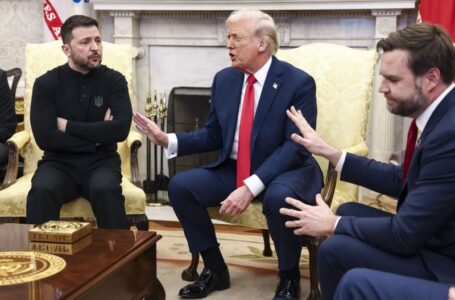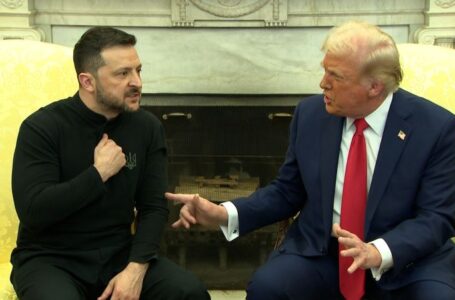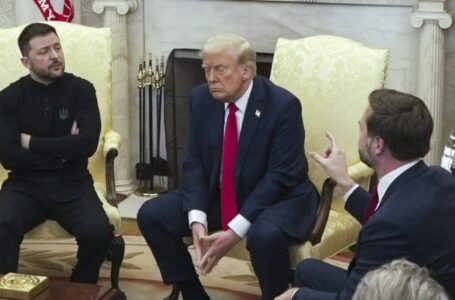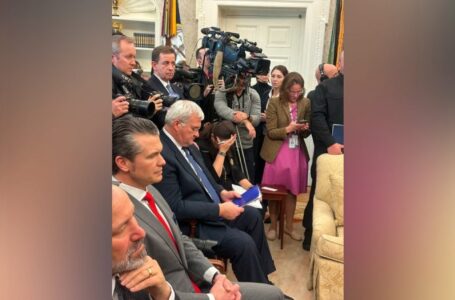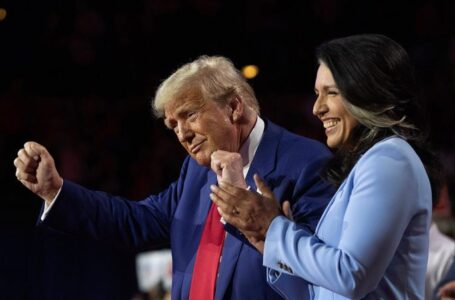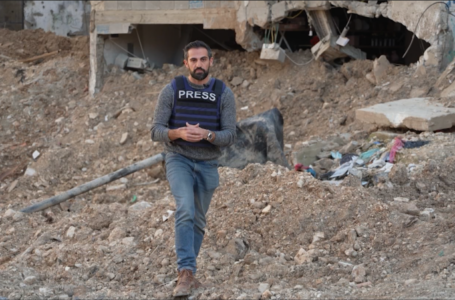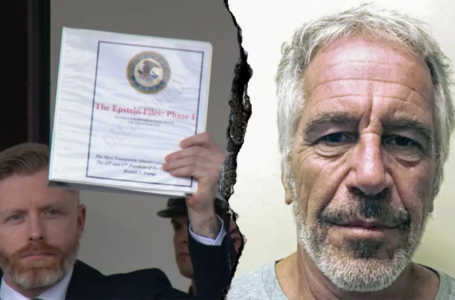Western allies rally around Zelensky after Trump spat deepens rift with Europe
Major Ukraine summit ends with fresh plea for peace but key powers spurn final agreement
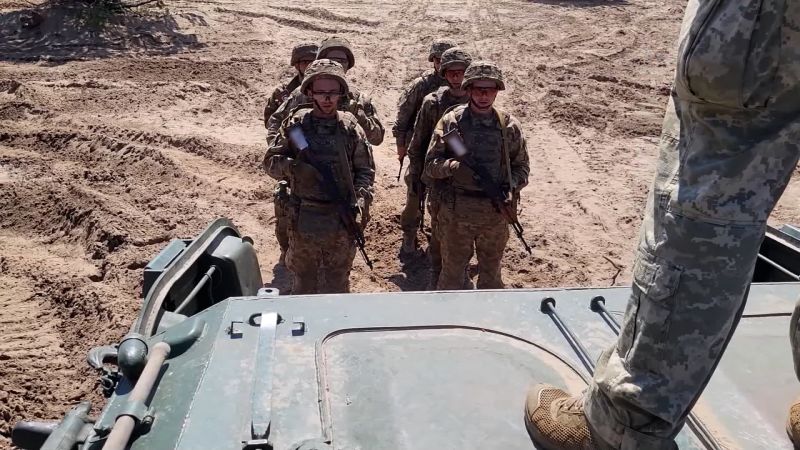

A two-day summit in Switzerland dedicated to forging a path forward to end the war in Ukraine concluded with key powers spurning a joint communique agreed to by more than 80 other countries and international organizations.
India, Saudi Arabia, South Africa and the United Arab Emirates, all of whom have important trading relationships with Russia as members of the BRICS economic group, attended the weekend meeting but did not agree to sign the joint statement.
The document reaffirmed the signatories commitment to “refraining from the threat or use of force against the territorial integrity or political independence of any state, the principles of sovereignty, independence, and territorial integrity of all states, including Ukraine, within their internationally recognized borders.”
Ukraine President Volodymyr Zelensky told journalists at a news conference alongside the leaders of the European Union, Ghana, Canada, Chile and Switzerland that it was “important that all participants of this summit support this Ukraine’s territorial integrity because there is will be no lasting peace without territorial integrity.”
More than 100 countries and organizations gathered at an idyllic lakeside resort near Lucerne to drum up support for the 10-point peace plan Zelensky first outlined late in 2022.
That formula includes demands for a cessation of hostilities, the restoration of Ukraine’s territorial integrity, the withdrawal of Russian troops from Ukrainian soil and the restoration of Ukraine’s pre-war borders with Russia – terms Russian President Vladimir Putin is unlikely to ever agree to.
Among the high-level dignitaries in attendance were the leaders of Argentina, Canada, Denmark, Finland, France, Germany, Italy, Japan, the Netherlands, Poland, Sweden and the United Kingdom.
US Vice President Kamala Harris was also in attendance and used the occasion to announce a $1.5 billion aid package that would go toward humanitarian expenditures and help Kyiv rebuilt its battered infrastructure.
“This high level attendance shows one thing. The world cares deeply about the war provoked by Russia’s aggression,” European Commission President Ursula von der Leyen said.
Despite the strong showing among Western democracies, there had been questions ahead of the event as to just how much could be accomplished given that neither Russia nor China, whose increasingly close trading relationship with Moscow has helped the Kremlin survive Western sanctions, were attending.
The communique published on Sunday said that signatories had struck several other agreements. Among them were the principle that Ukraine to should be allowed its own nuclear power plants – including the Russian-occupied Zaporizhzhia Nuclear Power Plant – and that the Kremlin refrain from both the use of and the threat of using nuclear weapons. The sides also said that all children and civilians that were unlawfully displaced must be returned to Ukraine.
On Friday, the day before the summit was set to kick off, Russian President Vladimir Putin restated the Kremlin’s own peace plan, which calls for Ukrainian troops withdraw from four southern and eastern regions of Ukrainian territory that Moscow said it would annex in violation of international law and demands Kyiv abandon its bid to join NATO.
While Russian forces have made modest gains in two of the regions – Donetsk and Luhansk – in recent months, they are far from occupying all four, which include Kherson and Zaporizhzhia.
US National Security Advisor Jake Sullivan, who traveled with Harris to Switzerland, told reporters at the summit that Putin’s framework “defies basic morality.”
“He (Putin) said, not only does Ukraine have to give up the territory Russia currently occupies, but Ukraine has to leave additional sovereign Ukrainian territory before Russia will negotiate. And Ukraine must disarm so that is vulnerable to future Russian aggression down the road. No responsible nation could say that is a reasonable basis for peace,” Sullivan said.

